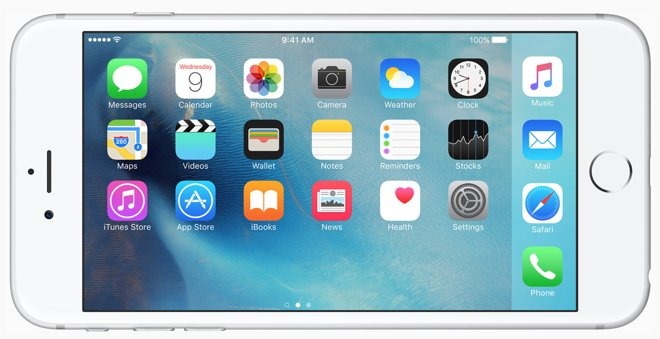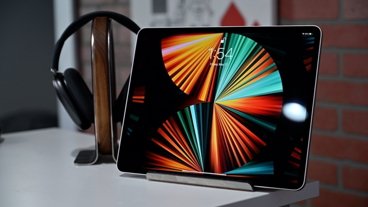The U.S. Federal Communications Commission has approved additional testing of a cellular technology called LTE-U, controversial because it can operate over the same bands as Wi-Fi routers.
Qualcomm will now be able to test LTE-U hardware at two Verizon facilities, Re/code reported. The firms are among those arguing that LTE-U can be more efficient than regular LTE and won't interfere with Wi-Fi.
The FCC in fact invited the companies to demonstrate that position in their testing. The technology could also thereotically interfere with other devices using unlicensed spectrum, but Wi-Fi is the most serious issue, given its ubiquity.
In response to the FCC, Qualcomm noted that it was happy not just with that decision but a letter from the standards-setting Wi-Fi Alliance saying it wasn't oppposed to testing plans. The two parties are in fact working on a "coexistence test plan," according to Qualcomm, which should form the basis for future lab and field testing.
The Alliance is still concerned about the widespread deployment of LTE-U devices however, and is asking the FCC to examine real-world testing data before allowing products on sale.
iPhones and iPads would likely be prime candidates for adopting LTE-U, but with the technology still in its early phases, it's unlikely to appear in any Apple devices until at least next year, and more likely 2018 or later.
 Roger Fingas
Roger Fingas








 Malcolm Owen
Malcolm Owen
 Amber Neely
Amber Neely


 Christine McKee
Christine McKee

 Chip Loder
Chip Loder
 Marko Zivkovic
Marko Zivkovic









1 Comment
A billion other frequencies that are locked up for governmental use and now telecoms want to interfere with the tiny slice of available bandwidth. Gee, thanks.